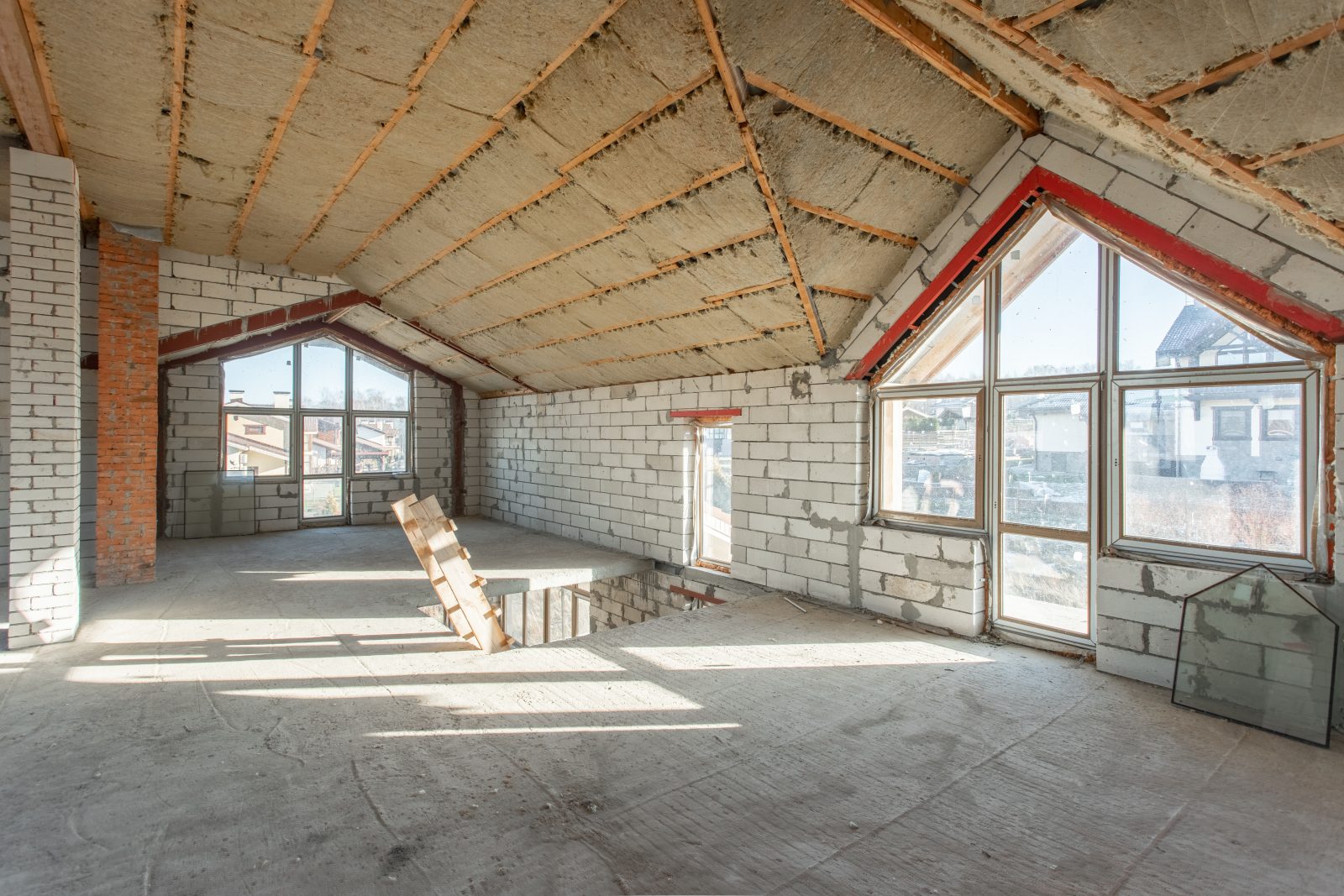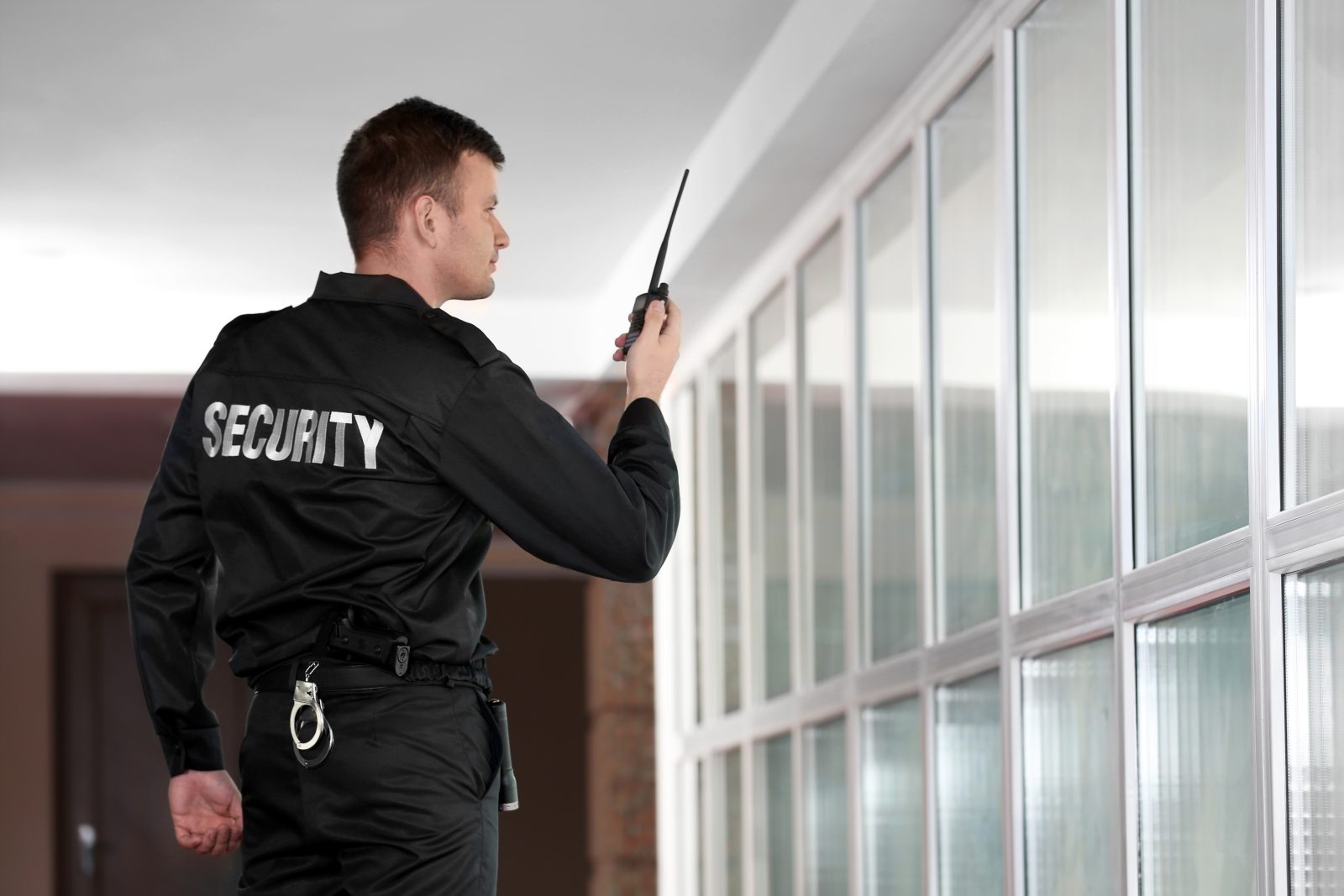When it comes to building safety, one of the most devastating incidents is a fire. Fire can strike at any time and can cause extensive damage to property, endangering the lives of occupants. This is where fire watch security comes into play. But what exactly is fire watch security and how does it work?
Fire watch security is a protocol that is in place to reduce the risk of a fire breaking out in a building and to quickly detect any fires that may occur. It involves arranging for trained security personnel to patrol a building or property to look for potential fire hazards or signs of an actual fire. This type of service is typically required by local fire departments or building inspectors when a building’s primary fire suppression and detection systems are not functional or when repairs are being made.
During a fire watch, security personnel are trained to identify fire hazards and take quick action to report any signs of fire to the local fire department. They must ensure that the building is not occupied by people who are unaware of the fire hazard. They also make sure that the fire safety equipment is in place and that there is a clear route of escape in case of a fire.
The fire watch is conducted over a specific time period, which is determined by the fire department, building inspector or fire marshal. This timeline can vary depending on the type of building, its occupancy, and the level of fire risk.

When is Fire Watch Security Required?
Fire watch security is required in a variety of instances, such as:
- During construction or repair work where the building’s fire alarm or suppression systems are not in service or have been temporarily shut down. Browse different types of fire alarms.
- When there is an unforeseen malfunction in a building’s fire alarm, sprinkler system, or other fire suppression equipment.
- In buildings with high occupancy, where the fire alarm or suppression system may be overwhelmed by the number of occupants.
- In locations where higher than usual fire hazards exist, such as fireworks stands or chemical plants.
- In old or historic buildings that may not have modern fire suppression and detection systems.
Who Provides Fire Watch Security?
Fire watch security is provided by trained security companies, such as Lonestar Universal Security. These companies employ specially trained security guards to patrol the building or property to identify and report any fire hazards.
The security personnel on fire watch security duty must complete a specific training program specific for fire watch services. This training focuses on fire safety protocol, fire prevention techniques, and how to use fire detection and suppression equipment. Check out our fire watch security service page for details on how we can help.
Why is Fire Watch Security Necessary?
One of the primary benefits of is that it helps prevent fires from starting in a building. By identifying potential fire hazards, fire watch guards reduce the risk of a fire breaking out. Learn how to reduce the risk of a fire starting on your property.
Additionally, if a fire does occur, quick detection will significantly reduce the overall damage. In many cases, a fire watch is required by law. This makes it necessary for buildings with a high risk of fire to comply to avoid hefty penalties.

Conclusion
Fire watch security is a crucial aspect of building safety and helps ensure that occupants are protected in the event of an emergency. By hiring a professional security company, you can be sure that your building is safe, secure, and prepared for any unforeseen events.
If you have any questions or concerns about how to keep your property safe, contact Lonestar Universal Security today.


